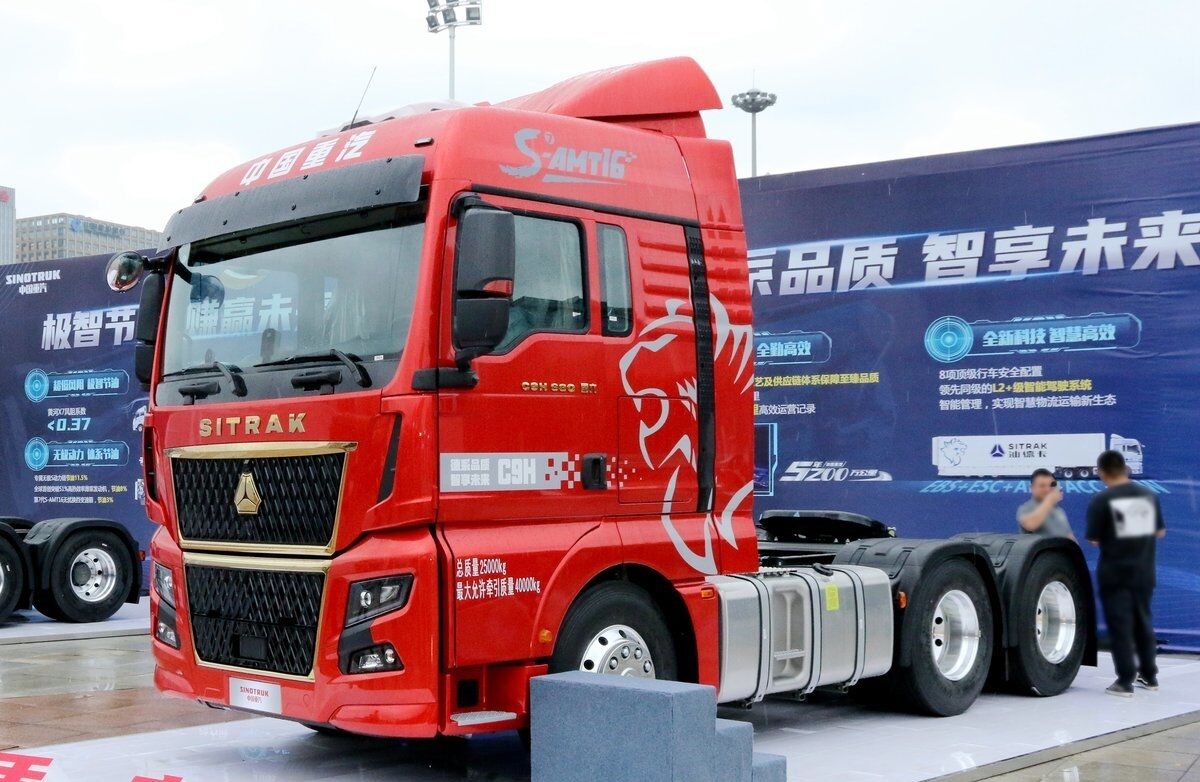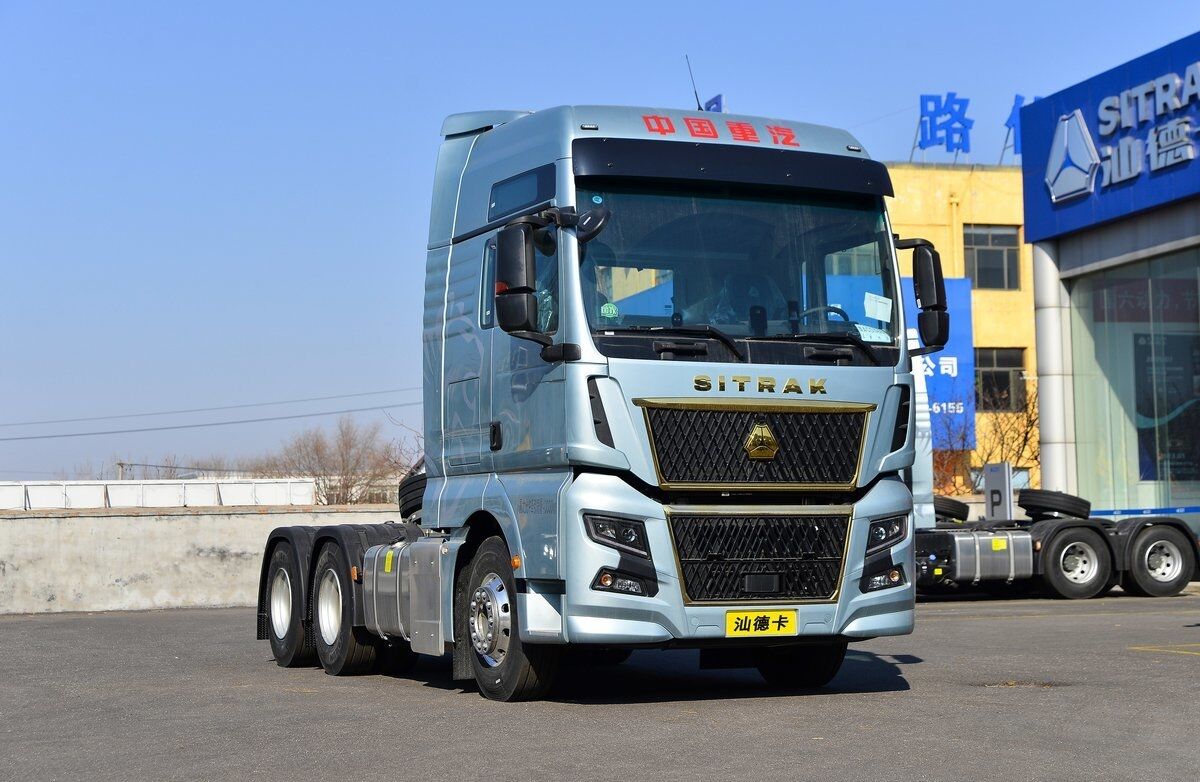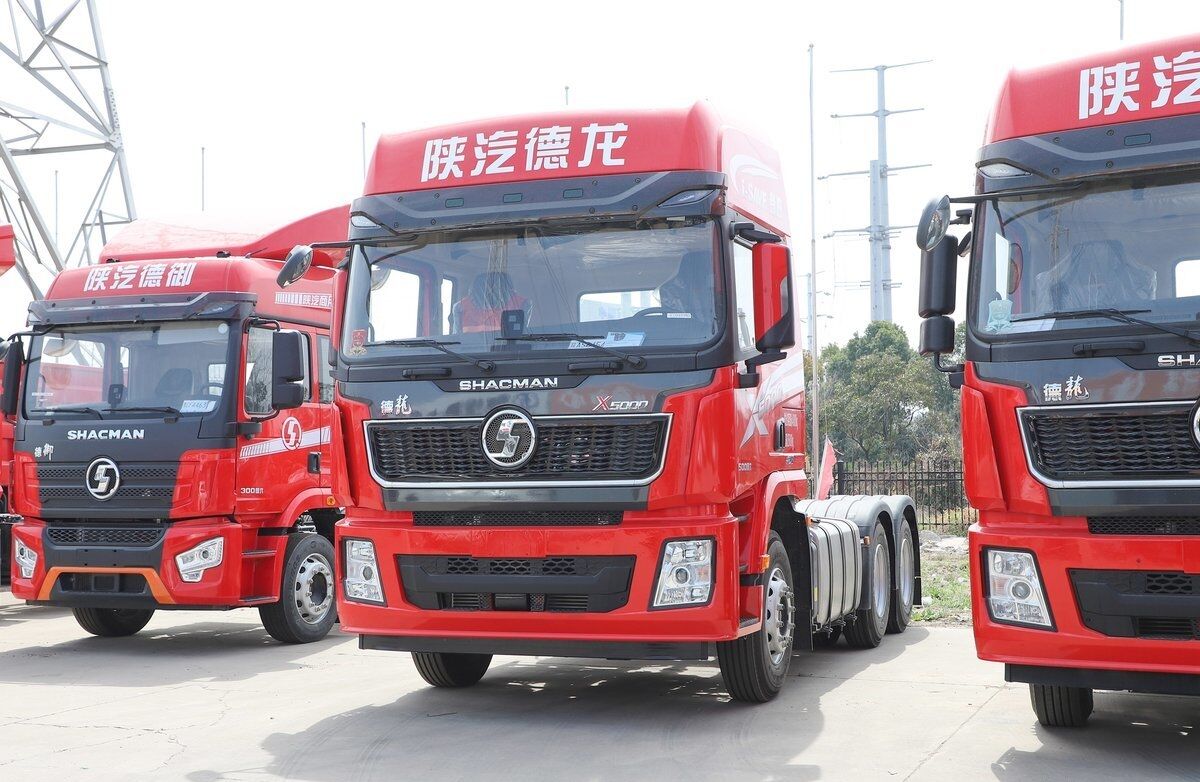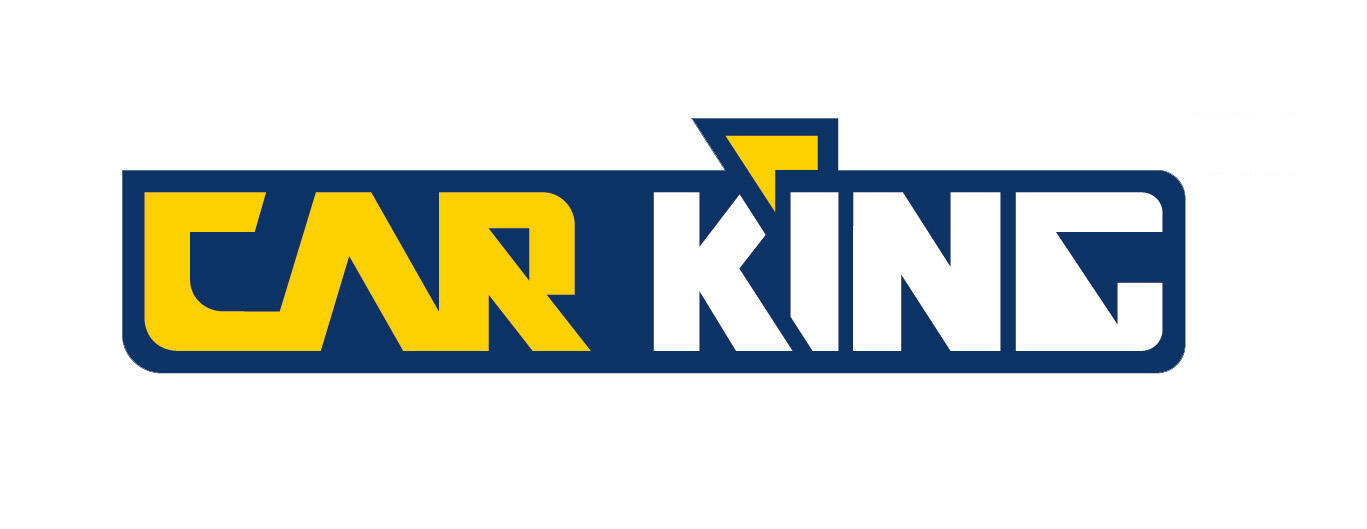tractor trailers
Tractor trailers, also known as semi-trucks or 18-wheelers, represent the backbone of modern commercial transportation, combining power, efficiency, and versatility in one comprehensive package. These heavy-duty vehicles consist of two main components: the tractor unit, which houses the engine and driver's cabin, and the detachable trailer for cargo transportation. Modern tractor trailers incorporate advanced technological features including automated transmission systems, aerodynamic designs for improved fuel efficiency, and sophisticated engine management systems that optimize performance while reducing emissions. These vehicles typically range from 70 to 80 feet in total length and can transport loads up to 80,000 pounds when fully loaded. The integration of GPS tracking, electronic logging devices (ELDs), and advanced safety systems such as automatic emergency braking and lane departure warnings has revolutionized the industry, making these vehicles safer and more efficient than ever. Tractor trailers serve diverse applications across industries, from long-haul freight transportation to specialized cargo delivery, refrigerated goods transport, and bulk material handling. The versatility of these vehicles is enhanced by various trailer types, including flatbeds, dry vans, reefers, and tankers, each designed to meet specific transportation needs.



